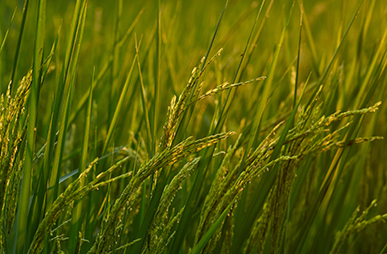Kasikorn Research Center expects China faces the worst drought in nine years, pushing Thai jasmine rice exports to China towards the end of the year. Pushing up the total export of jasmine rice for the year to reach 160,000 tons
China suffered its worst heat and drought in 2022, with its longest heat wave in 60 years causing a sharp drop in water levels in several rivers. And on August 19, 2022, the Chinese authorities have declared a national drought emergency.
Now, although the situation has eased, it is expected that the heat wave could drag on and affect crops being harvested for the remainder of the year. Increasing demand for imports from China, especially rice, wheat and maize.
The Kasikorn Research Center expects China is likely to mainly import rice from Thailand for the remainder of the year. to offset China’s damaged rice production
while other sources of rice imports such as Vietnam, Pakistan and India There are likely to be production limitations and measures to restrict exports. However, the flooding situation in Thailand and the uncertain Chinese economy must be closely monitored.
However, in the past, China imported from Thailand in greater quantities than other import sources, so Kasikorn Research Center views that Thai jasmine rice should benefit from exports to China.
It is expected that during September – December 2022, Thailand may have the volume of jasmine rice exports to China at around 95,000-100,000 tons, or an increase of 5.7-11.3 percent from the previous year and making the overall picture of 2022 Thai jasmine rice exports to China may be around 155,480-160,480 tons or an increase of 18.7-22.5 percent from the same period last year.
besides rice China’s demand for maize is also expected to increase. This will allow Thailand to benefit from exporting cassava. because it is a substitute for corn for animal feed
for the future Thai rice exports to China may face challenges from the Chinese government’s policy of accelerating investment in agriculture to create food security. Including reducing production costs and increasing productivity per rai It should also expand to new potential markets other than China, such as Japan, the United States, Malaysia, South Korea, etc.



